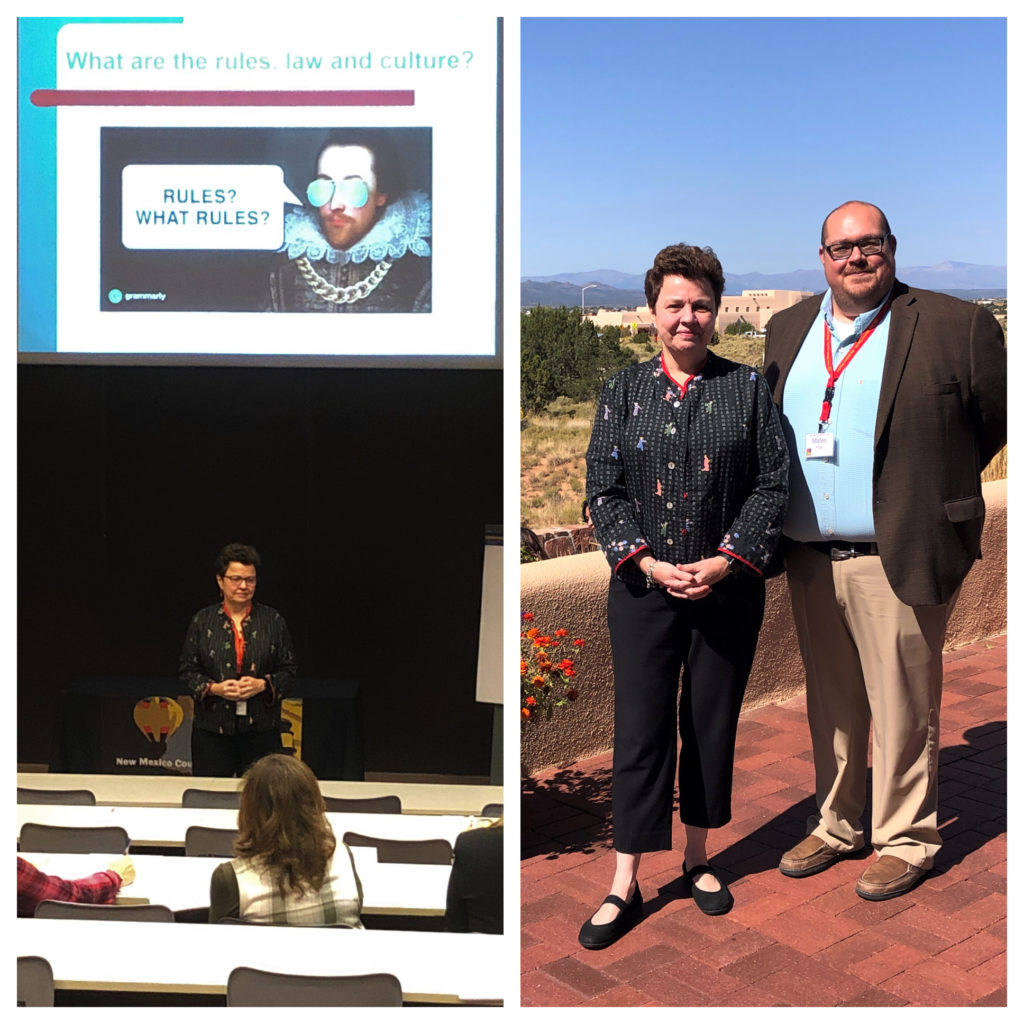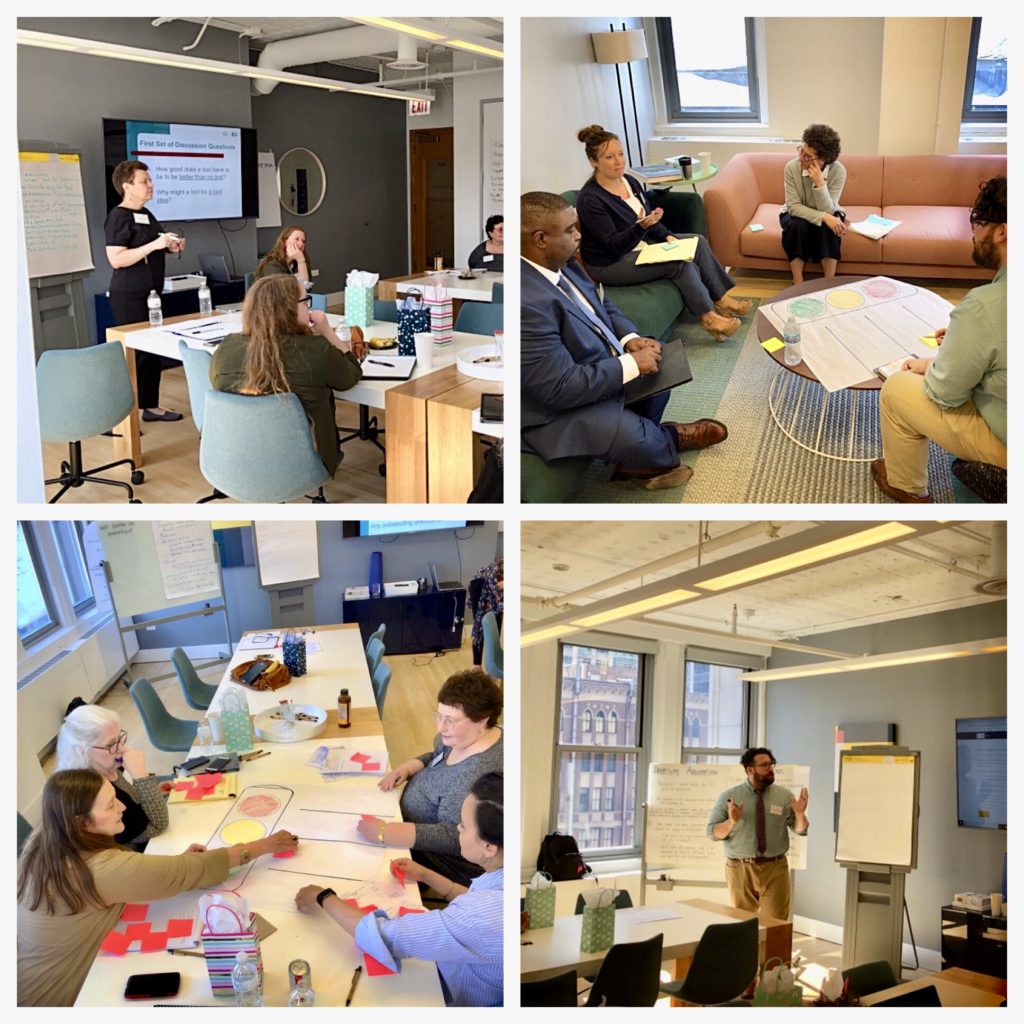For mediation to be successful, it is considered essential that the involved parties trust the mediator. Yet little research has been done to determine whether any particular mediator behaviors help to engender party trust. RSI intends to change that. With a generous grant from the Rackham Foundation, we are undertaking an exploration of the intersection between mediator behaviors and party trust.
Two Potential Phases
During this exploration, we will observe mediations, code mediator behaviors, survey parties before and after mediation, interview mediators and collect outcome data. The purpose will be to test the mediator behavior codes, data collection instruments, research protocols and hypotheses to determine whether research of this type can provide useful information.

Support from the Rackham Foundation will allow RSI to examine the intersection between mediator behaviors and party trust.
If we find that our research is fruitful, RSI will undertake a full research project to determine which, if any, mediator behaviors impact party ratings of trust in the mediator and other procedural justice components, and whether mediation resulted in agreement, among other factors. Our ultimate goal is to provide mediators and trainers with concrete information about behaviors that are more likely to engender party trust in the mediator and result in a satisfying, successful mediation. This project will lay the foundation for work toward that goal.
Seeking Site for Observation
We plan to observe a limited number of mediations at two sites with mediators with different training and backgrounds. We have identified one but are seeking another. If you are interested, please contact RSI Director of Research Jennifer Shack.
We are grateful to the Rackham Foundation and to Ava Abramowitz, who has championed this research, for this opportunity. She and her research partner Ken Webb have developed and tested the coding scheme we will be using. Stay tuned!



